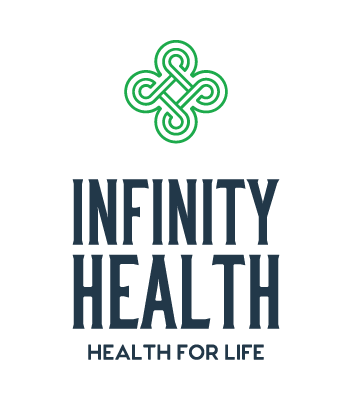Having surgery is an overwhelming undertaking, before and after the procedure. There are many benefits of pre and post operative rehabilitation. Make sure you are set up for optimal rehabilitation by following these simple guidelines:
Pre-Operative Rehabilitation
A post-operative rehabilitation program is a common resource that helps to promote recovery after surgery. However, there is typically less focus on the benefits of a prescriptive pre-habilitation program. A pre-habilitation program promotes a greater outcome after surgery. Having a pre-habilitation program can help you to mentally prepare for your surgery and reduce pain and inflammation. Additionally, it can help to restore your range of motion quicker, improve the muscular control of your injured area and normalize your movement patterns prior to surgery. Overall, it will improve your overall well-being and fitness, giving you a stronger platform from which to recover.
Your Physiotherapist can work with you to create a customized program that will focus on each of these areas with specific focus for the type of surgery you will be having.
Post-Operative Rehabilitation
Operations on the hip, knee, shoulder, wrist, hand, neck, foot, ankle, and spine will typically include a post-operative rehabilitation program to facilitate a speedy recovery. Physical therapy can start anywhere from a few hours to a few days after surgery.
Regaining motion and strength after your surgery will largely depend on your physical therapy program. Physiotherapists are specifically trained to restore range of motion and strength without compensation and to prevent re-injury during the recovery process.
After a thorough evaluation, your physiotherapist will work with you to set goals to minimize pain and swelling, restore normal movement, flexibility and function as well as preventing the injury from recurring. Your therapist will then design a customized exercise program tailored for your needs, abilities, and work.
Post-operative treatments may specifically include:
- Strategies for pain reduction including modalities such as ice, heat, and electrical stimulation
- Flexibility exercises to improve range of motion
- Exercises to strengthen muscles
- Posture, balance, and coordination training
- Gait analysis and training
- Manual therapy techniques
- Self-care training
- Home exercise instruction
If you have a surgery coming up or are actively recovering, we can help to create a recovery program for you, contact us to set up a consultation!

